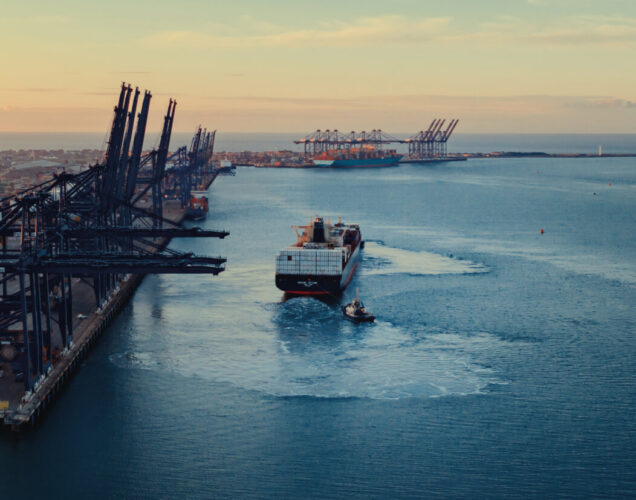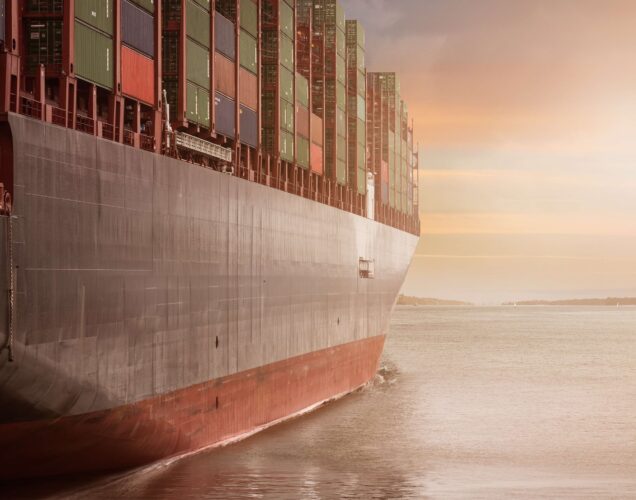The Logistics sector is currently under rising pressures from various sides, which is causing delays, employee shortages and pricing changes. In order to keep our valued clients and partners up to date with the latest developments in the industry, we have outlined three key issues that are currently affecting everyone in our industry.
Emergency Bunker Surcharges (EBAF)
Due to rising fuel prices which is impacting on cargo vessels and trucks.
A bunker surcharge, also known as bunker adjustment factor (BAF), is the charge that shippers incur to compensate for fluctuating fuel prices and is typically in addition to other surcharges and fees added to the freight costs. In extreme cases, an emergency bunker adjustment factor is announced when countries and political leaders make drastic changes to their internal structures.
The increase in bunker prices in 2018 have been significantly higher than what had been expected and now have reached a level in Europe which is the highest since 2014. The increase is more than 20% compared to the start of 2018 and this unexpected development means that it is no longer possible to recover bunker costs through the standard bunker adjustment factors. Therefore an introduction of emergency BAF’s or operational cost recovery surcharges are being applied with immediate effect.
This EBAF is applicable on all trades and the amount will vary per carrier and will be re-evaluated on a monthly basis.
The EBAF surcharge currently stands at $60 per teu.
Felixstowe Port Delays
The Port of Felixstowe is reporting a series of issues that have been occurring during the switchover of their new IT system (nGEN).
In a recent communication by the Port, they stated: “We are currently experiencing system communication inconsistencies within the container yard, which are having a knock on effect on yard performance. All our container yards remain open, processing over 3,800 trucks yesterday. The team are working to resolve the issues and we expect normal operations to be resumed within 24-36 hours.”
Whilst this may be resolved within 36 hours, we expect some backlog from the delays to continue beyond this timeframe.
The European Driver Shortage
The European driver shortage continues to be a major issue and current statistics estimate this to be around 50,000 in the UK alone. This, combined with the impact of an ageing professional HGV driver workforce and the lack of new entrants coming through, is forcing many companies to increase prices to compensate.
Brexit is affecting all areas of our industry from stricter security processes at the UK ports, making the UK less attractive to European hauliers. Similarly, the declining exchange rate has resulted in some European HGV drivers returning to their homelands.
Despite these delays, slow downs and issues, we will continue to deliver the goods that we all need, but it’s vital for the good of the whole economy that we address these concerns and take positive steps to support our partners during these difficult times.






